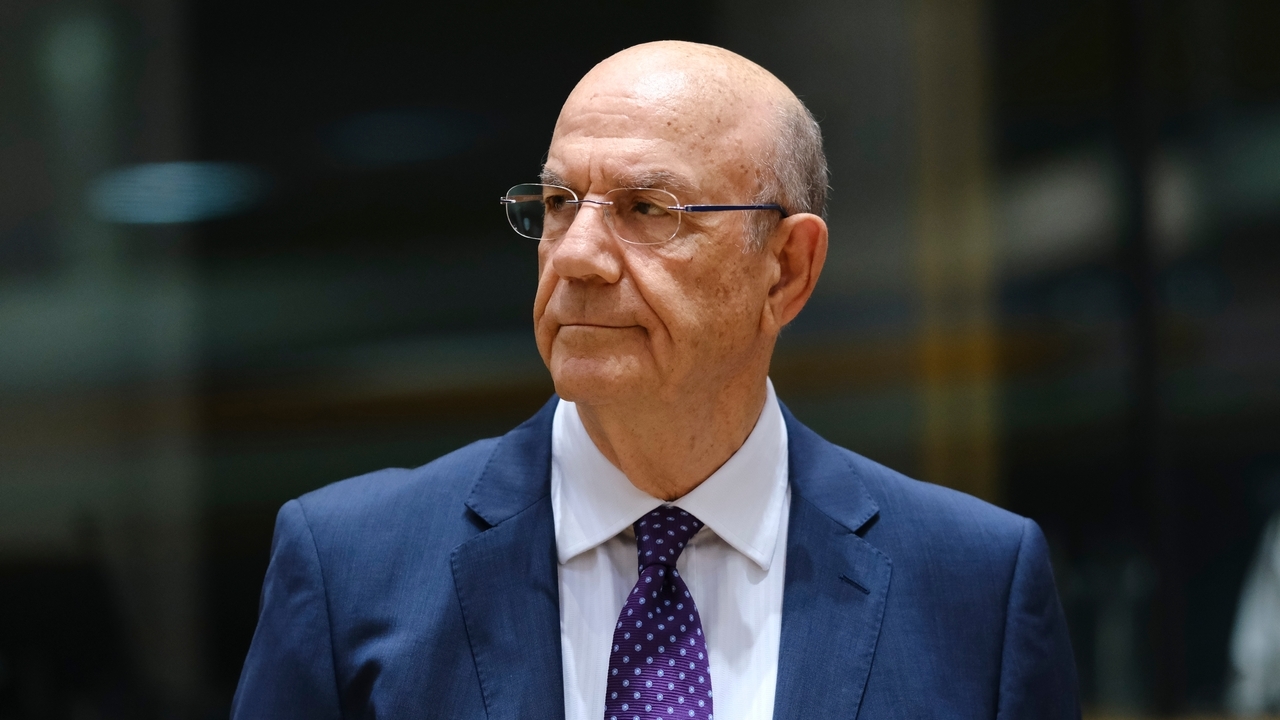President Nikos Christodoulides and Finance Minister Makis Keravnos have made it clear they will not allow the government’s proposed tax reform to be dismantled or significantly watered down, pushing back against a wave of criticism from political parties, unions, and business groups. The bills, currently under public consultation until September 10, have sparked heated debate in recent weeks.
Opponents argue that the measures, particularly those targeting tax evasion, risk making the system more complex and less competitive. The government insists the proposals are the product of extensive consultations and laments what it sees as a lack of constructive alternatives.
“I hear a lot of talk about tax reform. I don’t see any ideas, any suggestions,” President Christodoulides said, stressing that his administration took the initiative in line with a broader reform agenda. “The last major tax transformation was in 2002.”

A Crucial Test Ahead
On September 15, Keravnos will meet with parliamentary party leaders in what is expected to be a critical test for the reform’s future. The finance minister warned he would not table a “mutilated” version of the legislation, and even left open the possibility of withdrawing the bills altogether if sweeping changes were pushed through.
Speaking after a Cabinet meeting, Keravnos underlined that this reform has gone through perhaps the broadest consultation process ever, including public hearings and private meetings over the past year, and reminded reporters that party leaders had already been briefed at the National Council.
“We are in ongoing dialogue with business associations such as OEB and CCCI, and there is broad convergence on most issues. I cannot understand the reactions coming from some quarters,” Keravnos said. “We must stop undermining forward-looking policies for the economy, like tax reform, for the sake of pre-election agendas.”
He emphasized that a true reform, after 23 years without structural change, must serve the interests of the middle class, ordinary workers, taxpayers at large, and businesses seeking to boost competitiveness.
Focus on Tax Evasion
Keravnos stressed that the reform is designed to strengthen both the middle class and entrepreneurship, noting that the proposed changes have been vetted by an EU expert to ensure compliance with European law.
On the controversial provisions against tax evasion, he was unequivocal: “We do not intend to intimidate anyone, but we are determined to tackle tax evasion and tax avoidance, which, according to University of Cyprus estimates, may reach 25%,” he said.
He reassured citizens that Cyprus would not become a “police state,” but insisted new safeguards are necessary. “Tax evasion ultimately harms every taxpayer, especially those who already fulfill their obligations,” he concluded.
